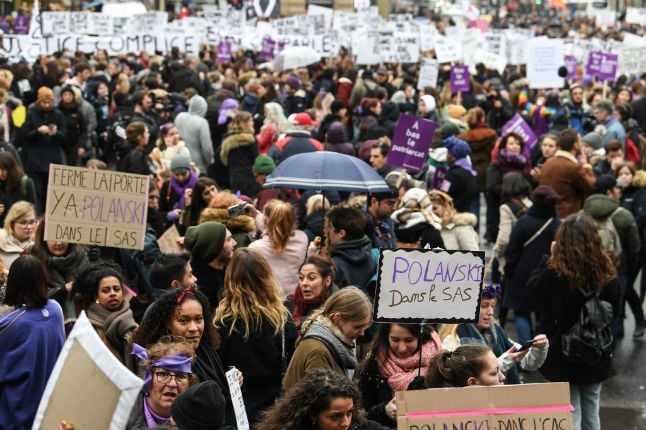
- Femicide in France: Woman stabbed to death by partner in front of three children
- The shocking figures that show the fight for women's rights in France is far from over
- Thousands march in Paris against sexist violence
Tens of thousands marched in Paris on Saturday calling for an end to gender violence and femicide in a country where at least 116 women have been killed by current or former partners this year.


Member comments